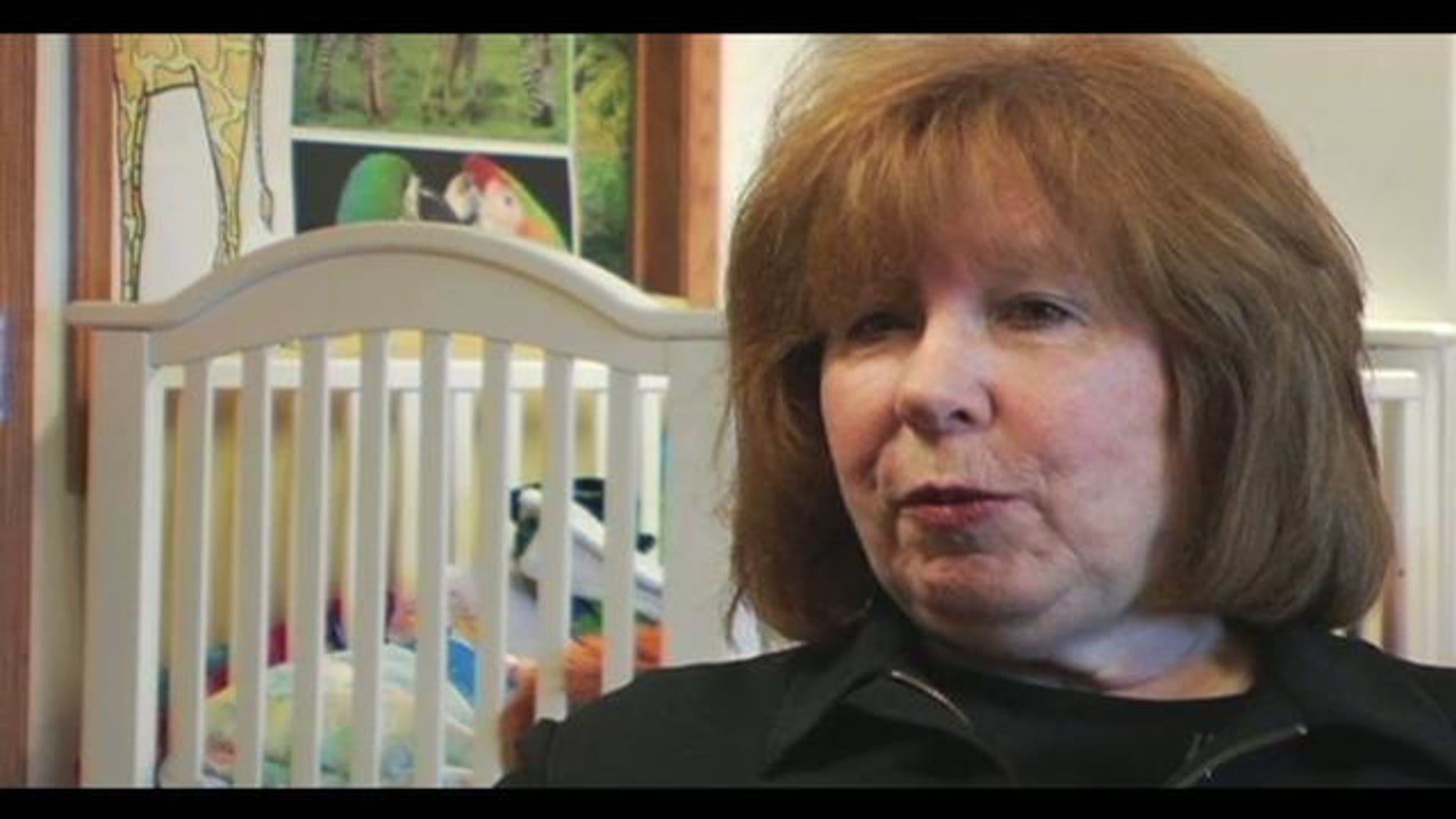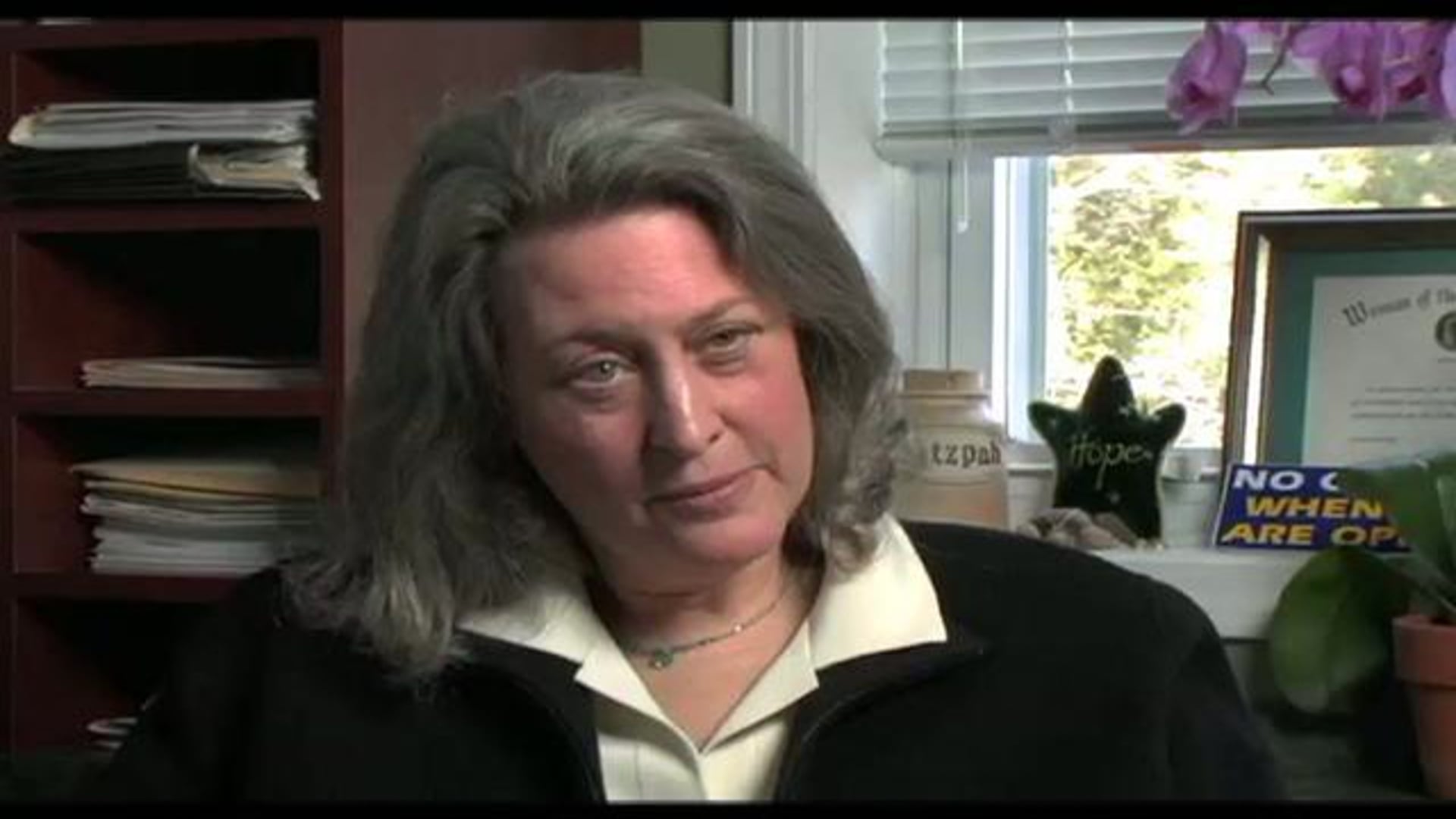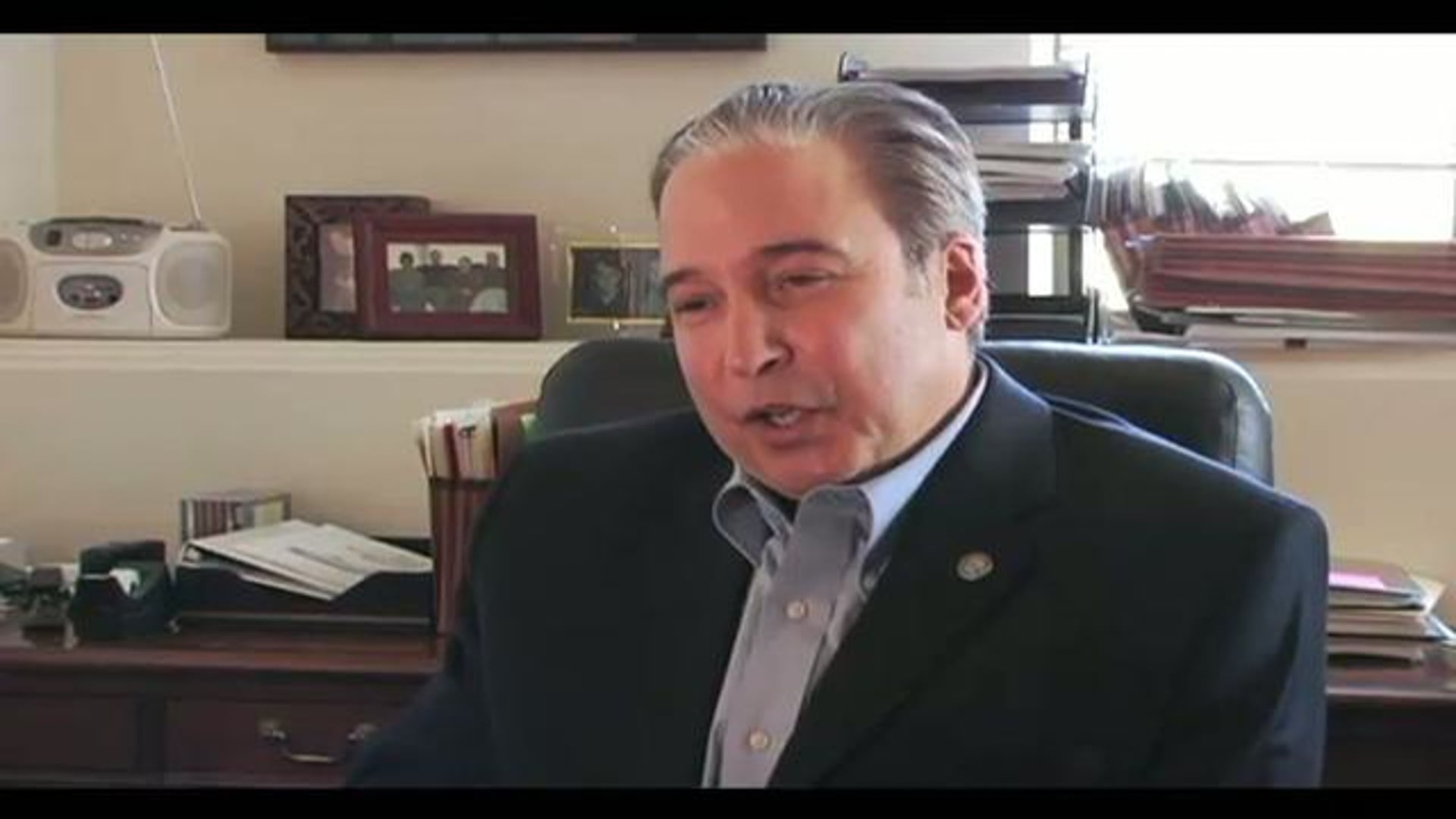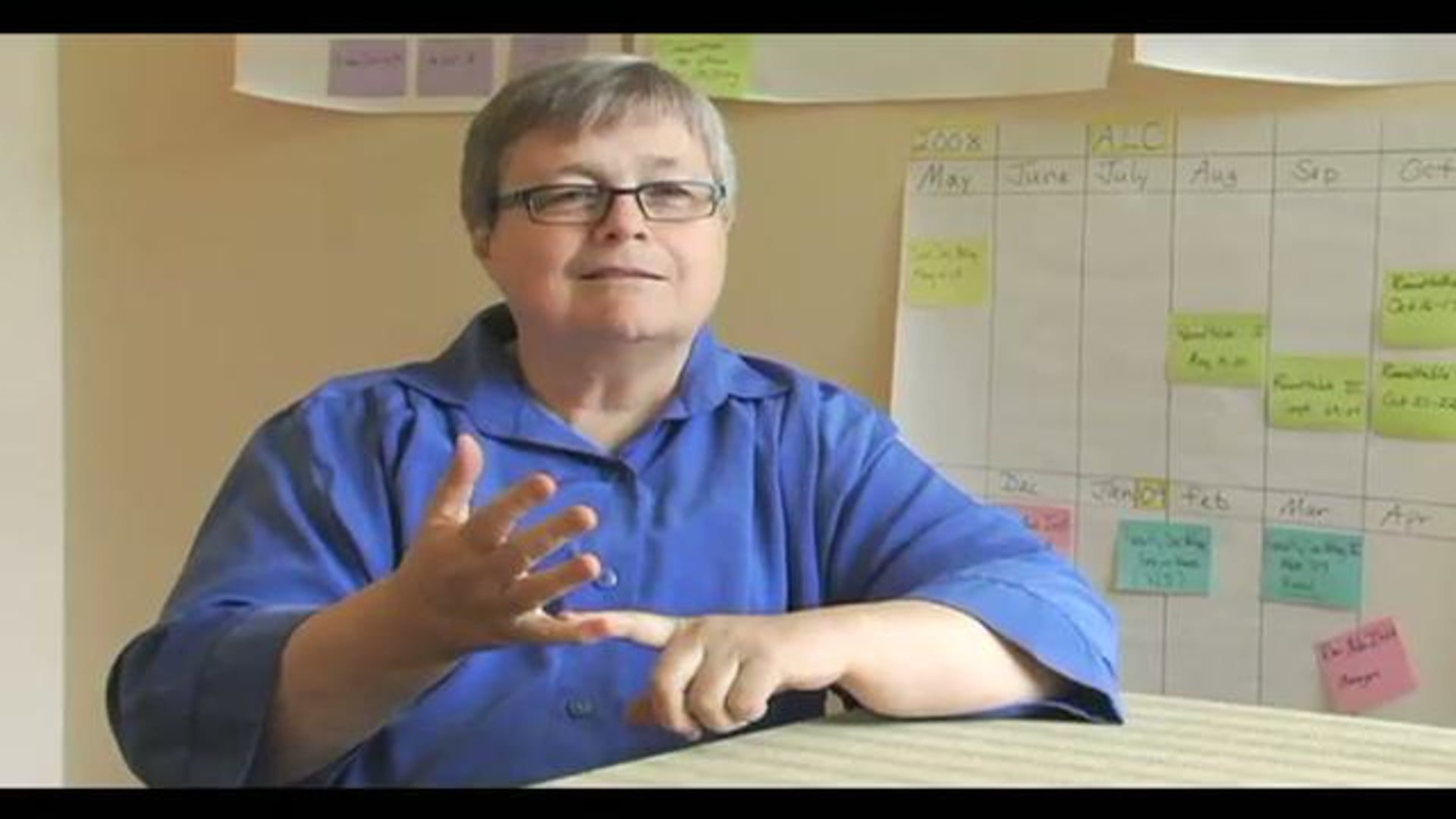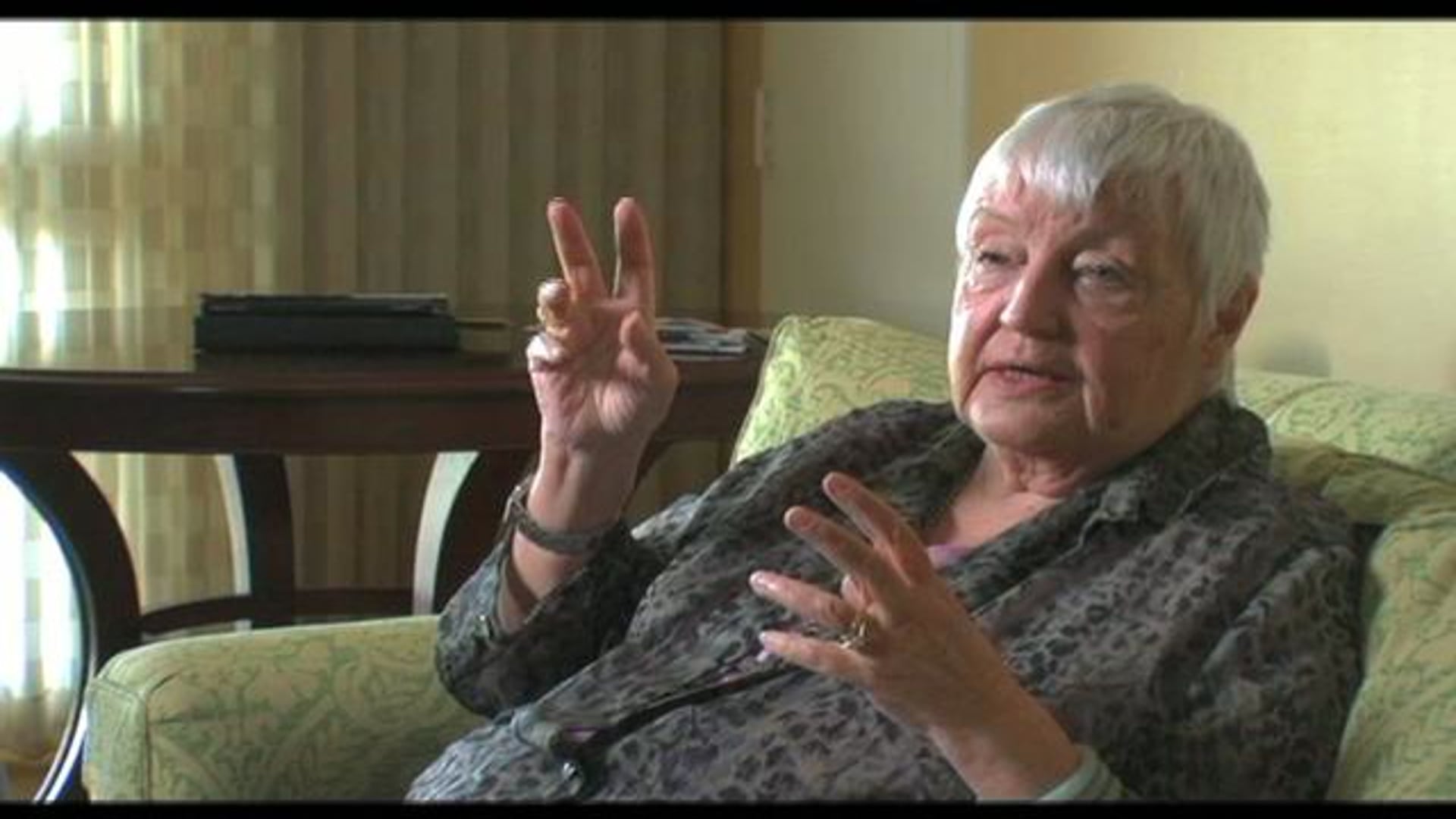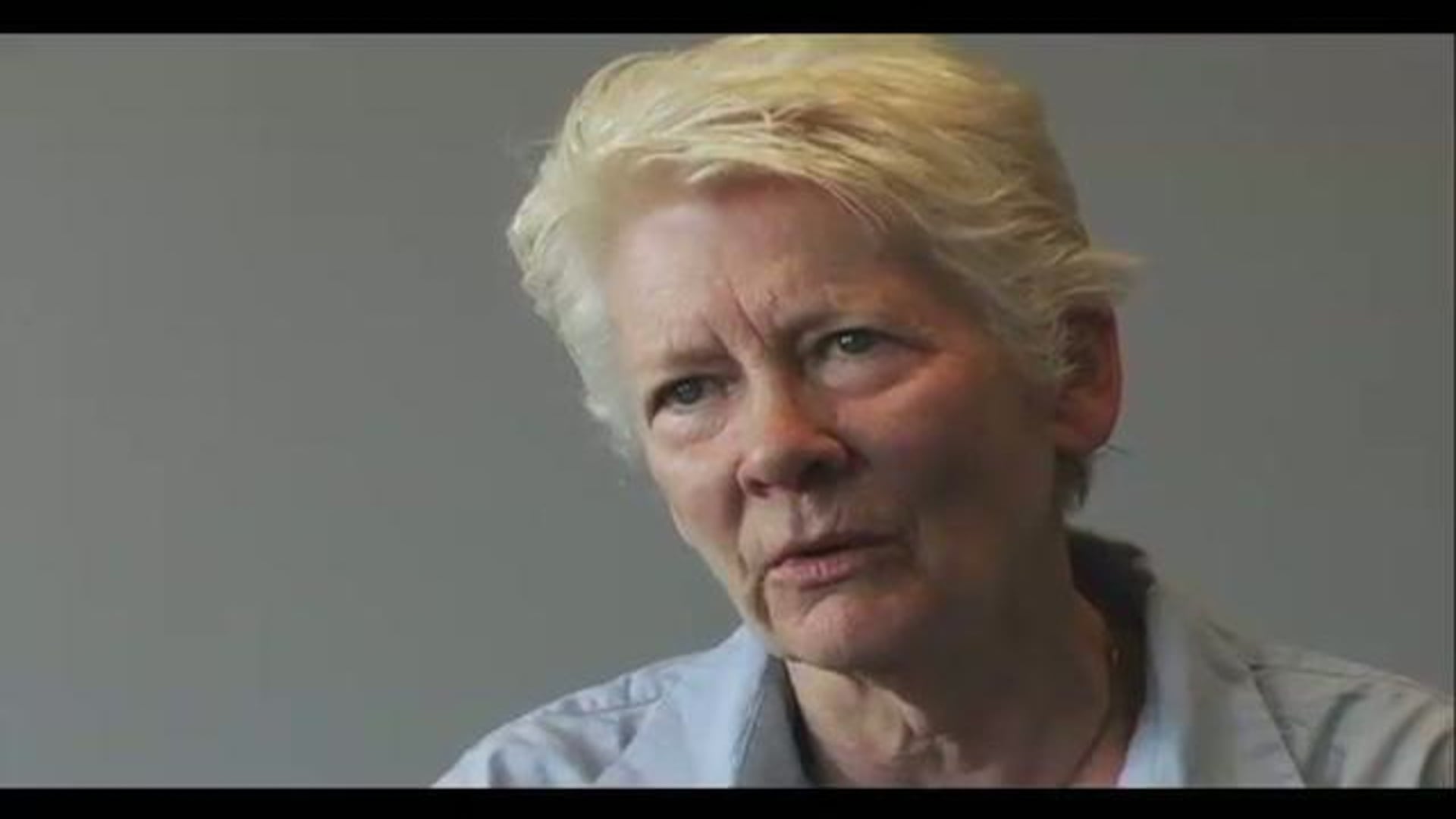Origins of the power and control wheel
And when we decided ‘What are we gonna teach?’ we went to the women’s groups and said “Ok, if we can get these guys for eight weeks or 10 weeks or 15 or however long we get ’em, what do you want us to teach ’em?” And out of that, eventually came the Power and Control Wheel, out of those sessions with the women…This was the one that I remember really got to me, this woman said “If you live with a batterer, it is not cyclical, it isn’t something that comes and goes you live with a batterer every day. Even when he’s being nice to you, it’s a part of the violence. Because if he’s raping you and telling you you’re no good and you’re ugly here and then three days later he’s telling you ‘You’re beautiful’ and ‘I need you and I want you it’s all part of the same thing and don’t think it’s cyclical”. I went “…well I never thought that” and you know I think I must have said ‘cyclical’ right?
So, then I said “Well what else is it like to live with a batterer?” And then I remember coming back from that meeting and saying to Coral [McDonnell] and Michael [Paymar] “We just gotta go to these women’s groups and ask these questions” and so we started going. ‘What’s it like to live with them?’ ‘Describe it.’ And people started to tell stories, and then people, then we got into the word ‘Tactics’. Somehow in the process the word tactics came up and we started asking “What other tactics does he use against you besides violence?” And, um…’Well he never lets us have any friends’, so we’d get all the women to tell a story about that, “Who doesn’t he let you see? When?” and then the word ‘isolation’ started coming up. We lumped all that under ‘Isolation’. And he’s always putting ya down and calling you names and what are all the things that he’s doing that when they talk about that? And then ‘Emotional Abuse’ became that category. And so…it came from these stories. We actually had more ‘Tactics’ than what are on that Power and Control Wheel, but they didn’t display well graphically y’know, they just had “alright let’s just get down to the big nine” or whatever because you could do a lot more. ‘Tactics’. There’s some I wish now we could have done from the beginning because they’re so fundamental. The ones that are on there I think are core tactics that almost all abusers use.
Core tactics
So anyways, these stories then, if every woman in the room had a story that fit this thing then we knew it was a core tactic and we went to about three, we always had our groups in neighborhoods, so in central Duluth, we had a group going on the west and east side. So we went to all three of those groups over several months, and kept developing this thing over and over and we’d bring our little designs in, we had a lot of different designs to it and finally we came up with the one where we put the ‘Violence’ around the outside and all the other tactics on the inside. We were trying to make it like a wheel where the violence held everything together. These tactics were, they were all part of a system, and the…We didn’t say that the reason for…the women weren’t telling us men did it in order to get power and control, what they said was that they ended up with all the power and all the control when they did this.
And I always interpreted it as that women were saying that men desired power and control, and when I did my men’s groups I would say that I would always think that you were desiring, but I never heard the men say that. And that’s when I started to understand the difference between feeling entitled to it…entitled to that control and desiring it.
Like as a white person, me feeling entitled to certain space, it wasn’t the desire to dominate people of color, it’s two different things, y’know to want to dominate someone and to feel entitled to be in control. So I ended up not thinking that men wanted power and control, I ended up thinking and realizing, I think, that they felt entitled to it. Which is a different way of talking to men about it then.
People still don’t understand
It just irritates the heck out of me when people will look at the Power and Control Wheel and say “Well a lot of people do that”. Right, but a lot of people don’t attach to it the sexual abuse and the ability to beat someone up and the ability to scare someone and intimidate someone. So, I can, you know, call you a name or something like that, but you can’t say the abuse is the same unless you…you know, it’s almost like those other forms of abuse on that wheel are glued onto the violence. They’re kind of attached like this and the violence shapes everything, and the ability to, to control someone’s thoughts and their physical and sexual safety, people don’t understand when they try to equate women calling men names and telling them they’re no good. I mean yes, that’s emotionally abusive for a woman to put a man down and stuff like that, but he isn’t living in this kind of fear that battering is all about. It’s making someone fear…afraid for physical and sexual safety and, eventually, being able to use that fear in a way that gives you pretty much total control over them. Their thoughts, their sense of themselves, and to equate that to other relationships where people put each other down and call each other names and not understand what it means to introduce all of the violence parts to it is…That’s what’s so difficult in this day and age that people still do not understand that.


